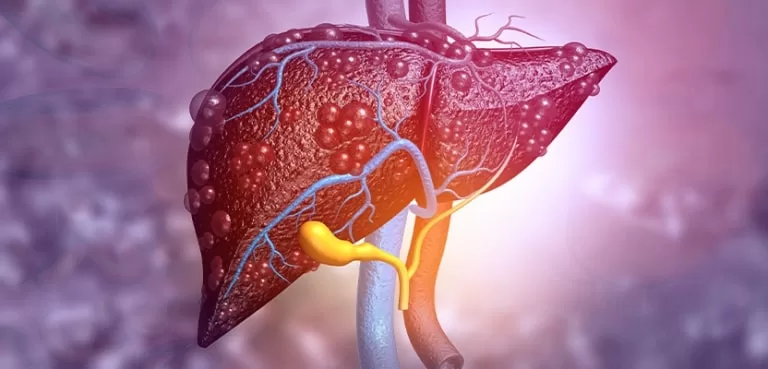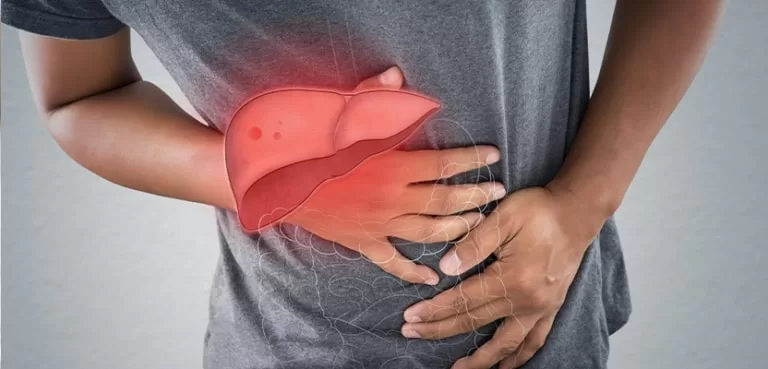+90 533 813 89 77
info@bookingforhealth.com
What are the Functions of the Liver ?
The liver has many important functions for body health.
- Metabolism: The liver helps to regulate metabolism by breaking down nutrients from food and converting them into energy and other useful compounds.
- Detoxification: The liver filters toxins and waste products from the blood, neutralizing or eliminating them from the body.
- Blood Glucose Regulation: The liver helps to regulate blood sugar levels by releasing stored glucose into the bloodstream when needed and by producing glucose from non-carbohydrates sources.
- Blood Clotting: The liver produces clotting factors that help to stop bleeding.
- Protein Synthesis: The liver produces and regulates the levels of various proteins in the blood, including clotting factors, transport proteins, and enzymes.
- Storage: The liver stores important nutrients, including vitamins A, D, E, K, and B12, and minerals like copper and iron.
- Bile Production: The liver produces bile which is necessary for the digestion and absorption of fats and fat-soluble vitamins.

What are the Causes and Symptoms of Liver Cancer?
Liver cancer, also known as hepatocellular carcinoma, is a type of cancer that starts in liver cells. The causes of liver cancer include several factors.
- Chronic Liver Disease: Cirrhosis caused by hepatitis B or C infection, alcohol use, or other causes may increase the risk of liver cancer.
- Exposure to Certain Toxins: Exposure to certain chemicals such as aflatoxins (found in contaminated food or feed) and vinyl chloride may increase the risk of liver cancer.
- Family History: A family history of liver cancer may increase the risk of developing the disease.
- Non-alcoholic Fatty Liver Disease: Fat accumulation in the liver (non-alcoholic fatty liver disease) may increase the risk of liver cancer.
- Other Risk Factors: Some other risk factors for liver cancer include diabetes, obesity, and exposure to certain infections such as schistosomiasis.
Symptoms of liver cancer include abdominal pain or discomfort, loss of appetite and weight loss, nausea and vomiting, fatigue, jaundice (yellowing of the skin and whites of the eyes), swelling or fluid accumulation in the abdomen, reddish-brownish blood vessels that occur in the skin, there is a lump or mass in the upper right part of the abdomen.

What are the Treatment Methods for Liver Cancer?
Treatment for liver cancer depends on the stage of the cancer and the overall health of the patient. In general, surgical operations, radiotherapy, transplantation, chemotherapy, and medicament treatments are preferred.
Surgery to remove the cancerous tumor or a portion of the liver is an option for patients with early-stage liver cancer. This can be done through a traditional open surgery or a minimally invasive procedure.
Ablation is a procedure that uses heat or cold to destroy cancer cells. This can be done through radiofrequency ablation or cryotherapy. Embolization is a procedure that blocks the blood flow to the cancerous tumor, causing it to shrink. Radiation therapy uses high-energy beams to destroy cancer cells. Chemotherapy uses medicaments to destroy cancer cells. This can be done through injection or orally. In certain cases, a liver transplant may be an option for patients with advanced liver cancer.
How is the Recovery Process of Liver Cancer Treatment Completed?
The recovery process after liver cancer treatment can vary depending on the type of treatment and the overall health of the patient.
- For Surgery: Recovery time can vary depending on the type of surgery, but patients can expect to stay in the hospital for several days after the procedure. Physical activity will need to be limited for several weeks during the recovery period. Regular follow-up visits with the surgeon and oncologist will be necessary to monitor the recovery process and check for any signs of cancer recurrence.
- For Radiation Therapy and Chemotherapy: Recovery time will depend on the specific treatment plan, but patients may experience fatigue, nausea, and other side effects. Regular follow-up visits with an oncologist should be made to monitor the healing process and to check whether the cancer has recurred.
- For Liver Transplantation: The recovery period is typically longer than other treatments and can take several months. Patients will need to take immunosuppressive medicaments to prevent rejection of the new liver.
It’s important to note that cancer treatment can be physically and emotionally taxing, so it’s important to have a support system in place and to take care of oneself during the recovery process. Patients should also be aware of the possible side effects of treatment and know how to manage them. Your doctor can help you with managing the side effects and how get back to normal life as soon as possible.